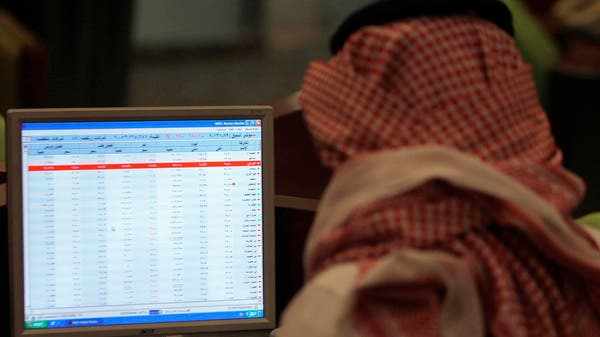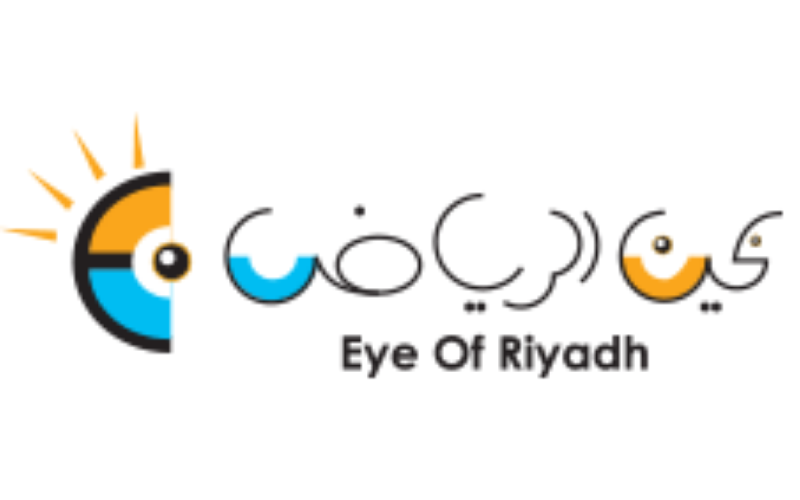COVID-19 vaccination disparity raises vexed questions of ethics and economics
- Date: 10-Jun-2021
- Source: Zawya
- Sector:Economy
- Country:Middle East
COVID-19 vaccination disparity raises vexed questions of ethics and economics
Tedros Adhanom Ghebreyesus, the WHO's director general, recently urged countries to commit to vaccinating at least 10 percent of their populations by September and 30 percent by the end of the year. Stepping up the global vaccination drive could benefit economies across the board. The International Monetary Fund recently predicted that a successful vaccination program, funded with $50 billion, could add as much as $9 trillion to the global economy by 2025. It is with this in mind that world leaders view the provision of vaccines to the developing world as not just a humanitarian imperative but also an economic necessity. There are also the practicalities of such a mammoth undertaking to be considered. According to Our World in Data, a research tool compiled by analysts at the University of Oxford's Global Change Data Lab, 63 percent of Israelis, 60 percent of Britons, and 52 percent of Americans had received at least one dose of a COVID-19 vaccine as of June 6. By contrast, in the world's emerging economies, just 23 percent of Brazilians and 13 percent of Indians have had their first jab, while the average throughout Africa was lower than 2 percent. Similarly, while most countries in the























